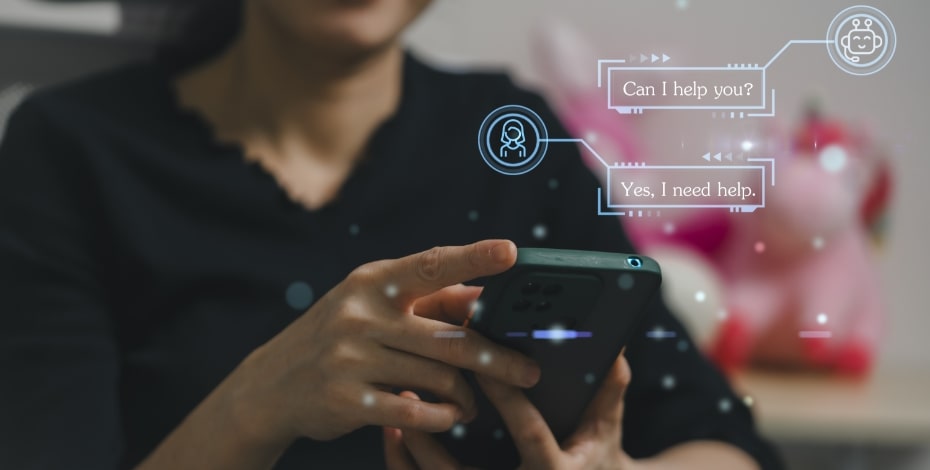
Chatbot technology has potential to transform brain injury rehabilitation

Typically, rehabilitation for adults with traumatic brain injuries includes setting patient-centred goals and motivational support.
However, access to face-to-face rehabilitation can be limited and patients can lose sight of their goals in between clinical appointments, slowing down their rehab and recovery.
To help overcome this, researchers at Flinders University have developed a chatbot called RehabChat to help patients stay motivated and and maintain momentum between clinical appointments.
In a small study published in Clinical Rehabilitation, two patients used RehabChat for approximately 10–15 minutes at their weekly appointments with their clinician over a two-week period.
They also used it independently between appointments to remind and support them to complete their practice activities and to check for symptoms.
As only two patients were recruited for this study, two more clinicians tested RehabChat with the research team in mock client– clinician sessions to provide additional data.
Patients received their usual care from their clinician and the research team also provided support via phone calls during the intervention period.
Both quantitative and qualitative outcomes were recorded via interviews and questionnaires.
‘RehabChat supported client motivation levels and engagement by enabling the client to make well-thought-through decisions about their rehab in consultation with their clinician.
'Participant scores for motivation, wellbeing and therapy engagement showed consistent results and aligned with the positive feedback,’ said lead author Dr Judith Hocking in a media statement.
The researchers say further testing of RehabChat with a larger cohort and for longer periods of time is needed.
Access the research here.
© Copyright 2024 by Australian Physiotherapy Association. All rights reserved.





